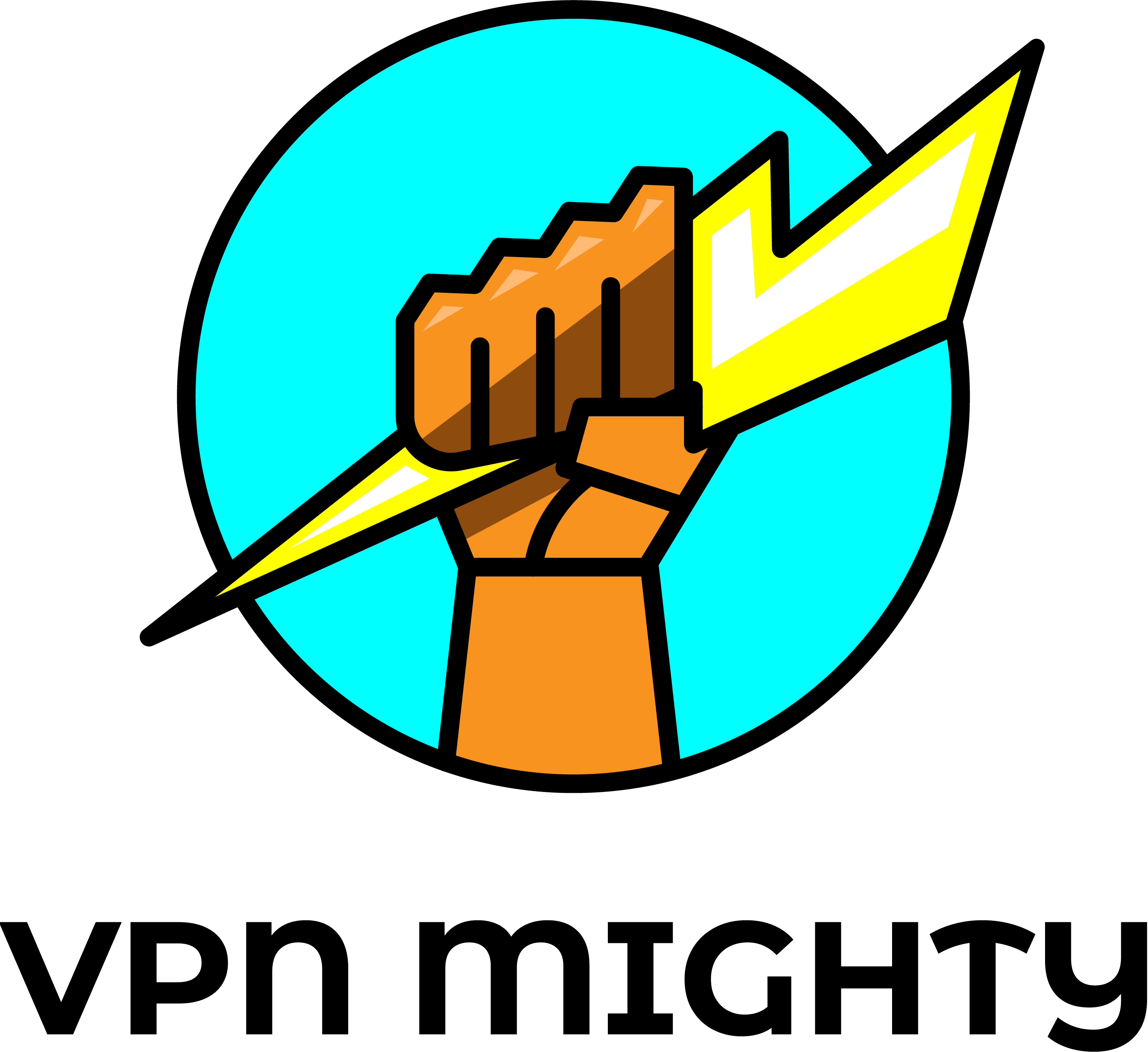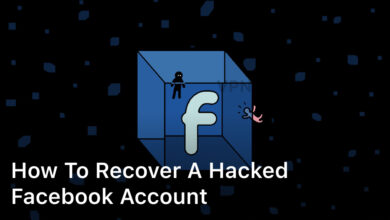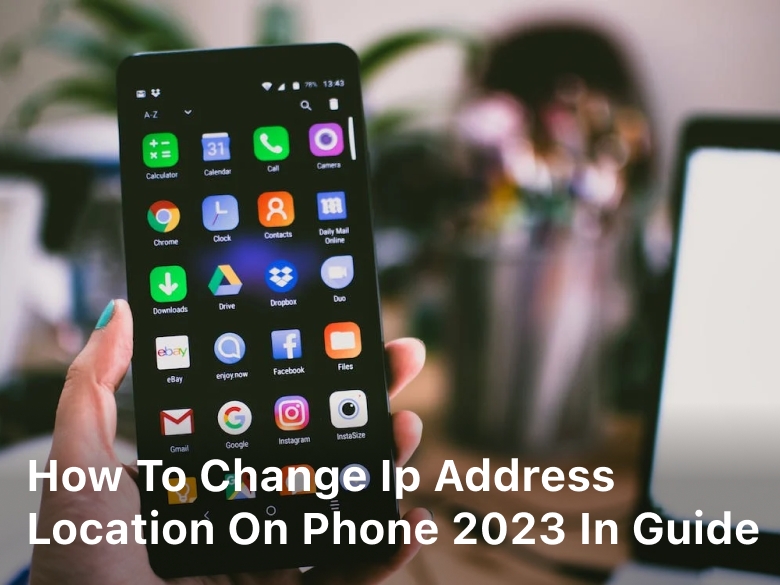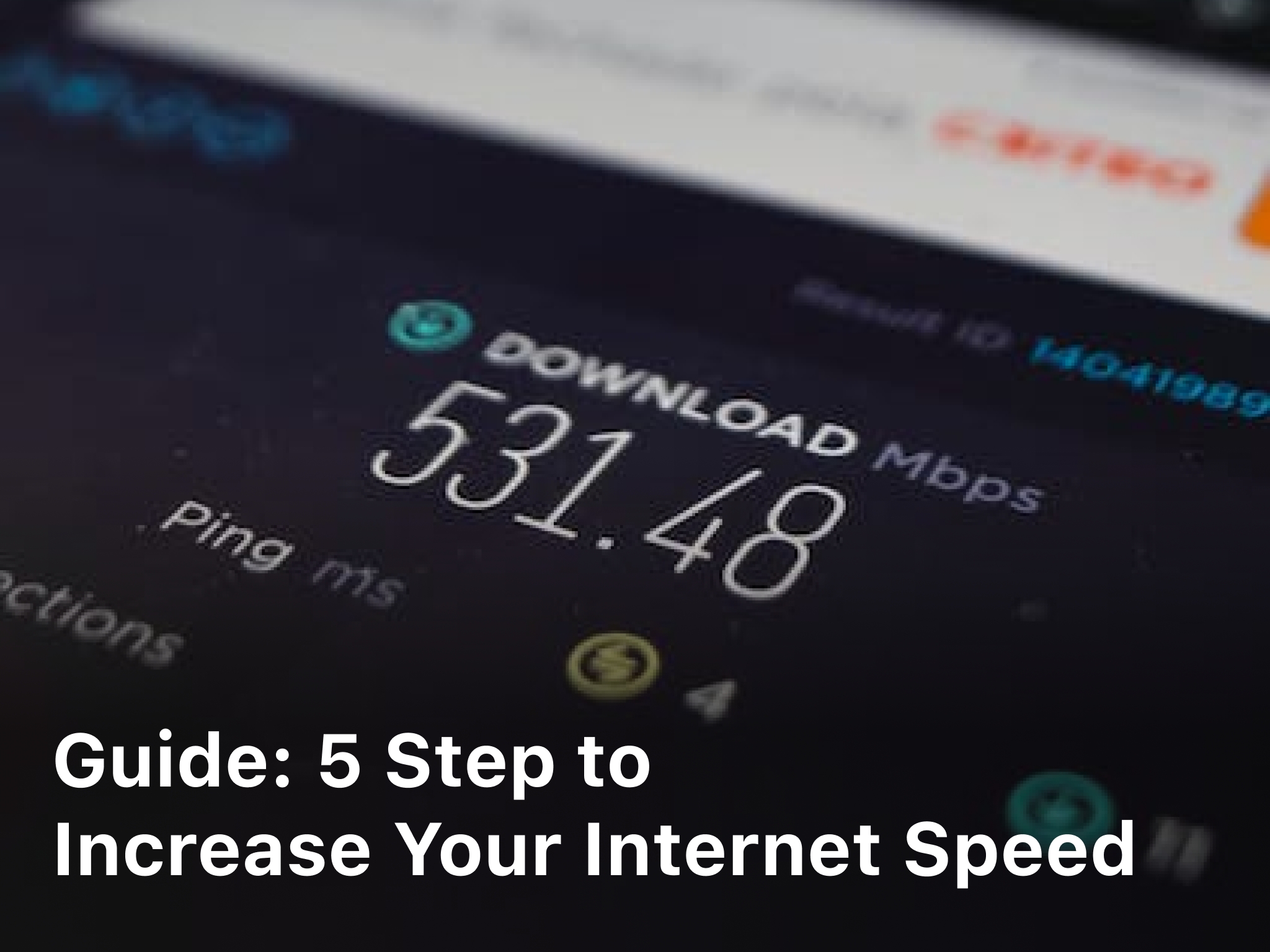Using a VPN for gaming can have benefits such as protecting your privacy, accessing games not available in your region, and reducing lag caused by your ISP. To use a VPN for gaming, you should first select a VPN provider that offers fast speeds and low latency. Once you have selected a provider, download and install their software on your device. Connect to a VPN server that is located near the game server you want to play on. Finally, launch your game and start playing as normal. To make it easier for you to play games, this article will help How to use a VPN to play games
What is a VPN?
VPN stands for Virtual Private Networking, a technology that allows your computer to connect securely and privately with another computer over the internet as if it were part of a local network, in a bubble where the outside world cannot gain access to communications or know where individual client machines are located. At least that’s how it works in theory.
When you connect to a VPN, your computer makes all outgoing and incoming connections to the internet via a server in a specific country, owned and maintained by your VPN provider. Every packet that goes between you and the VPN is encrypted, and your online identity appears to be that of your VPN provider, not from your real ISP.
When you’re doing anything online while connected to a VPN, from accessing websites to playing games, your identity will appear to be using a different IP address from that issued by your own ISP, and a different DNS service.
However VPNs were not invented as a privacy tool. The same technology is employed by business, public services and the military—allowing crucial documents and data to be exchanged remotely via encrypted connections, without the worry that a third party may gain access to confidential information, which could have catastrophic consequences.
What are the benefits of using a VPN?
Using a VPN (Virtual Private Network) offers several benefits. Here are some of the key advantages:
- Enhanced Security: A VPN encrypts your internet traffic, creating a secure tunnel between your device and the VPN server. This encryption protects your data from potential eavesdropping, hacking, or interception by unauthorized individuals or entities. It is particularly crucial when using public Wi-Fi networks, as VPNs shield your sensitive information from being accessed by malicious actors.
- Privacy Protection: By connecting to a VPN, your online activities are masked behind the VPN server’s IP address. This hides your actual IP address and makes it difficult for websites, advertisers, or other entities to track your online behavior, monitor your browsing habits, or collect personal information. VPNs help preserve your privacy and maintain anonymity online.
- Bypassing Regional Restrictions: Many websites, online services, and streaming platforms have geo-restrictions that limit access based on your location. VPNs enable you to bypass these restrictions by connecting to a server in a different country or region where the content or service is accessible. This allows you to access region-restricted websites, enjoy geo-blocked streaming services, or play games that may be limited to specific regions.
- Access to Restricted Content: In some countries, governments impose internet censorship and restrict access to certain websites, social media platforms, or messaging apps. By using a VPN, you can bypass these censorship measures and access the content and services that are otherwise unavailable or blocked in your location.
- Improved Online Gaming Experience: Gamers can benefit from VPNs by reducing latency (ping) and improving connection stability. VPNs allow you to connect to game servers in different locations, potentially optimizing your gaming experience by finding a better route to the server or accessing game versions not available in your region.
- Torrenting and P2P File Sharing: VPNs are commonly used for secure torrenting and peer-to-peer (P2P) file sharing. They hide your IP address and encrypt your internet traffic, making it difficult for your internet service provider (ISP) or copyright enforcement agencies to track or monitor your torrenting activities. However, it’s important to note that torrenting copyrighted material may still be illegal in some countries.
- Remote Access and Security: VPNs enable secure remote access to private networks. If you’re working remotely or need to access sensitive company resources, a VPN allows you to establish a secure connection to your workplace network over the internet, protecting your data and maintaining privacy.
Can VPNs Unblock Streaming Content?

A VPN has the potential to unblock streaming content that is restricted by geographic location. Streaming services, such as Netflix, Hulu, BBC iPlayer and others, often have regional restrictions that limit access to their content based on the user’s location.
By using a VPN, you can connect to servers located in different countries or regions where the content you want to access is available. When you establish a connection through a VPN server, your internet traffic is routed through that server and appears to originate from the server location. As a result, it can give you the impression of being in another country and allow you to bypass geographic restrictions imposed by streaming services.
streaming that you can use is like netflix and here are good VPN recommendations for streaming netflix so that your personal data stays safe.. Can u click this link can-vpn see my internet
Still not familiar with using a VPN to help you access websites, especially when playing games in several countries. and maybe you often ask how can I use VPN.
How Do I Use VPN?
Choose a VPN service
Research and select a VPN provider that meets your requirements in terms of server network, security features, speed, and compatibility with your devices and operating systems. Consider factors like reputation, privacy policies, and customer reviews.
Subscribe to a VPN service
Visit the VPN provider’s website and sign up for a subscription plan that suits your needs. Provide the required information, choose a payment method, and complete the subscription process.
Download and install the VPN software
After subscribing, the VPN provider will typically provide download links for their software or apps. Download the appropriate VPN software for your device or operating system. Most VPNs support Windows, macOS, iOS, Android, and sometimes even routers or gaming consoles.
Install the VPN software
Once the download is complete, run the installer and follow the on-screen instructions to install the VPN software on your device. This usually involves agreeing to the terms of service, choosing an installation location, and clicking “Install.”
Launch the VPN application
After installation, locate the VPN application on your device and launch it. In some cases, you may need to enter your account credentials to log in.
Choose a server location
Within the VPN application, you’ll usually find a list of server locations or a map interface. Select a server location based on your needs. If you want to reduce latency, choose a server close to your physical location or the game server you wish to connect to. If you want to bypass restrictions, select a server in a region where the content or service is accessible.
Connect to the VPN server
Click on the “Connect” or “Start” button within the VPN application to initiate a connection to the server you selected. The VPN software will establish a secure connection between your device and the VPN server.
Verify the connection
Once connected, the VPN application should display a confirmation or connection status message. You can verify that your IP address has changed by visiting websites like “whatismyip.com” before and after connecting to the VPN. Your IP address should now reflect the IP address of the VPN server you connected to.
Adjust settings if needed
VPN applications often offer additional settings that you can customize. You may find options such as automatic connection on startup, choosing a specific VPN protocol, or enabling features like a kill switch or split tunneling. Explore the settings based on your preferences and requirements.
Use the internet or play games
With the VPN connection established, you can now use the internet or play games as you normally would. Your data will be encrypted and routed through the VPN server, providing security, privacy, and potential access to restricted content or game servers.
Disconnect from the VPN server
When you no longer need the VPN connection, you can disconnect by clicking the “Disconnect” or “Stop” button within the VPN application. This will restore your normal internet connection.
you need to know to connect to a VPN server that offers good performance and low latency for an optimal gaming experience. If you encounter any issues, such as connection issues or increased latency, try connecting to a different server or contact the VPN provider’s customer support for assistance. VPN configurations and user interfaces can differ between different VPN providers, so the exact steps and options may vary. It is advisable to consult the VPN provider’s documentation, tutorials, or support resources for specific instructions tailored to their service.
SO IN CONCLUSION, DO YOU NEED A VPN?
Whether or not you need a VPN depends on your specific needs and concerns. VPNs can provide benefits such as protecting your privacy, accessing region-locked content, and improving security on public Wi-Fi networks [1][2][3]. However, using a VPN can also introduce additional lag and may not be necessary for everyday use [4]. It’s recommended to evaluate your individual needs and risks to determine if a VPN is necessary for you.
VPNs had a better-defined place in your privacy and security toolbox. Back then, most traffic traveled via HTTP, sometimes without any encryption whatsoever. Nowadays, most web traffic is sent via HTTPS, which does encrypt your connection. Looking at HTTPS traffic, an ISP or someone spying on your network can only see the highest level of your traffic’s destination. That’s like seeing PCMag.com and not PCMag.com/max-is-great.
In conclusion whether you need a VPN depends on your specific needs and concerns. A VPN won’t make you invincible online, in fact a VPN can provide benefits such as privacy protection and access to region-locked content, It’s a valuable part of your security and privacy toolbox, and like every tool, a VPN works best when you use it for the right job.






